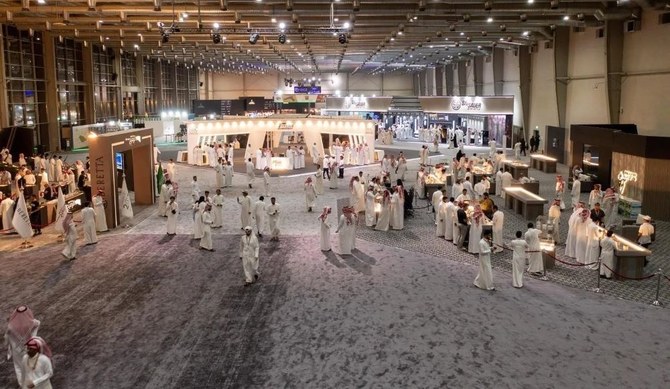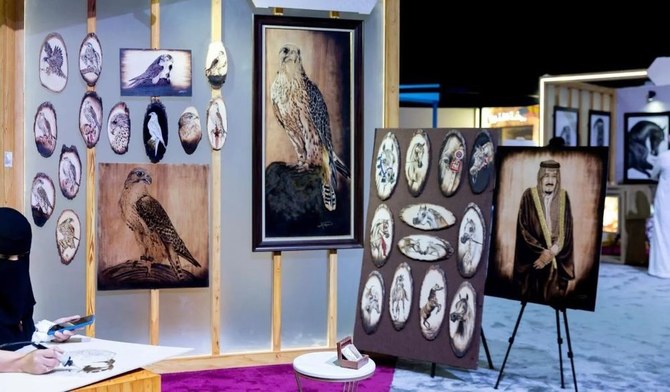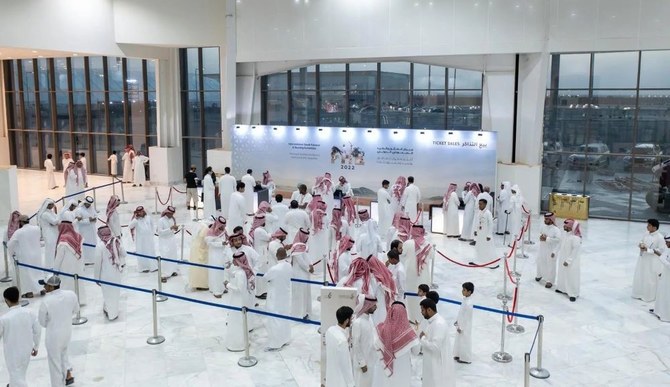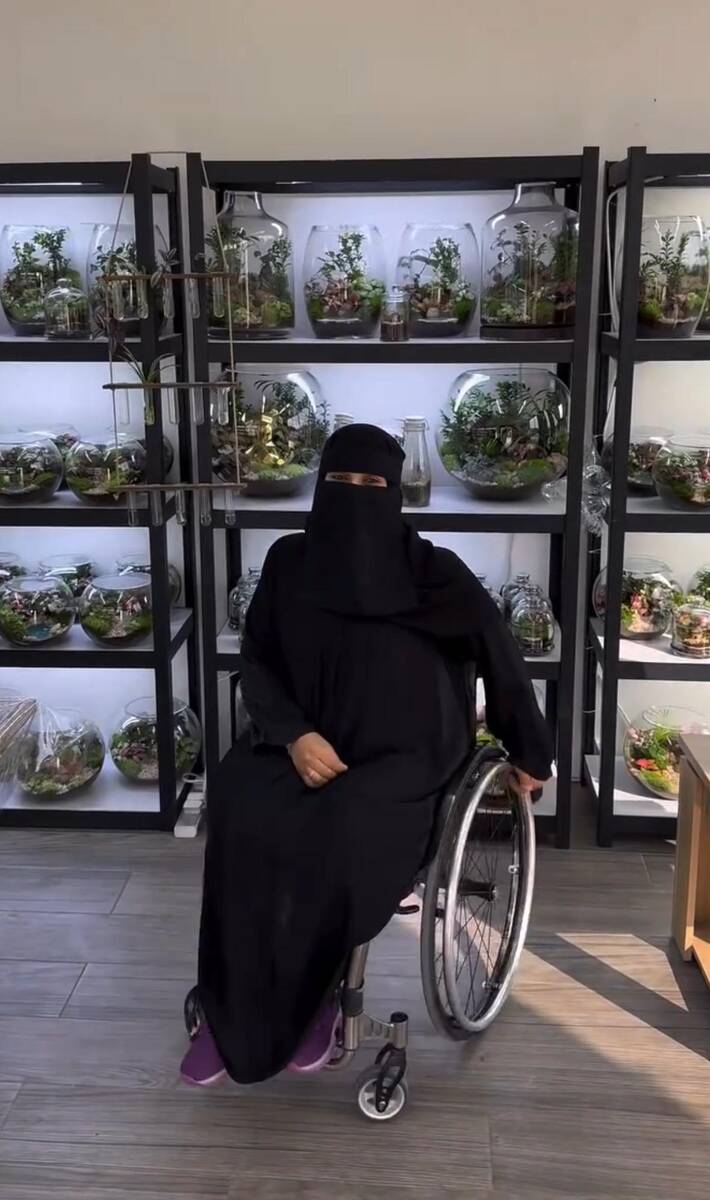RIYADH: The fifth International Saudi Falcons and Hunting Exhibition, a cultural and entertainment event showcasing the ancient sport, will begin in Riyadh on Thursday.
Held over 10 days at the Saudi Falcons Club’s headquarters in Malham, north of Riyadh, the exhibition highlights the club’s commitment to preserving and enriching the traditions of falconry.
Bringing together the heritage of falconry, hunting, land and sea trips, and related hobbies, the exhibition features a large pavilion of weapons.
Targeting visitors from all walks of life, especially falconry enthusiasts, hunters and camping enthusiasts, the exhibition aims to pass down this rich heritage to current and future generations as a key cultural legacy in the Kingdom.
The exhibition includes a specialized museum providing insights into the history of falconry, as well as an art, painting and calligraphy exhibition. It offers a multitude of events and pavilions, combining cultural and entertainment aspects to enhance visitors’ experience.
The previous four exhibitions attracted a significant number of attendees. In 2018, there were about 150 exhibitors and a total of 120,000 visitors, averaging 24,000 visitors a day. In 2019, the number of exhibitors increased to 300, attracting 350,000 visitors, averaging 70,000 visitors daily.
The exhibition achieved even greater success in its third outing in 2021, rebounding from the COVID-19 pandemic. It featured 350 exhibitors and drew half a million visitors, with weapon sales surpassing SR200 million ($53 million). In 2022, the number of exhibitors rose to 400, and the total number of visitors exceeded 512,000.
These improved results are the outcome of the exhibition’s continuous development, aiming to attract more than 550,000 visitors this year, representing various dimensions of heritage and national culture.
The Imam Turki bin Abdullah Royal Reserve Development Authority is also participating in the exhibition. The authority’s involvement coincides with the upcoming second season of the North Reserve, the Kingdom’s first sustainable hunting reserve. It aims to promote the culture of sustainable hunting, conserve natural balance and adhere to environmental sustainability standards.
The reserve is currently accepting applications from those interested in participating in hunting and camping activities in the coming months.

































